by Shannon Caughey
In a recent discussion with a group of athletes, I asked this question: “What qualities in a leader or coach make you want to follow them?” One responded, “Knowing my coach really cares about me as a person, not just as an athlete.” This evoked nods of agreement among many in the group.
Most coaches would also agree that this is an important quality. But how does this get lived out? Beyond verbalizing it to your athletes, what demonstrates that you authentically care about them as whole persons?
Jesus shows us beyond a shadow of a doubt how deeply he cares for us. We see it in his fourth “I am” statement in the book of John. In this series of devotions, we’re looking at these “I am” statements Jesus makes as he reveals who he is. Each “I am” statement has significant implications for what it means to pursue being a transformational coach.
John 10:11-14 is where we find Jesus’ fourth “I am” statement: “11 I am the good shepherd. The good shepherd sacrifices his life for the sheep. 12 A hired hand will run when he sees a wolf coming. He will abandon the sheep because they don’t belong to him and he isn’t their shepherd. And so the wolf attacks them and scatters the flock. 13 The hired hand runs away because he’s working only for the money and doesn’t really care about the sheep. 14 I am the good shepherd; I know my own sheep, and they know me.”
Jesus contrasts what he does as the “good shepherd” with what others who see themselves as “hired hands” do. When things get challenging (“the wolf attacks”), the hired hand chooses the path that most benefits him or her personally: running away. It’s hard to collect a paycheck if you’ve been torn apart by a wolf! The hired hand approaches his job of being a shepherd with a self-serving mindset.
Jesus has a very different mindset. Because he is the good shepherd, he doesn’t abandon his sheep when challenges come and the needs of the sheep increase. “The good shepherd sacrifices his life for the sheep” (v. 11). Rather than choosing what most benefits him personally, the good shepherd acts for the well-being of the sheep – even at great personal cost. Jesus has a sacrificial mindset. The ultimate confirmation of this is seen as Jesus sacrifices his life for us on the cross, giving us the opportunity to be rescued from our sin and reconciled to the God who loves us.
Jesus says in v. 14, “I am the good shepherd; I know my sheep, and they know me.” The word “know” here means far more than “to be a casual acquaintance.” To “know” is to experience a close relationship with someone. Because Jesus moves toward us, his sheep, with deep and sacrificial care, we respond by genuinely trusting him. Jesus’ sacrificial mindset makes us ready and eager to follow him as the Leader of our life.
Many coaches have a self-serving mindset. While they care about their athletes to a degree, when push comes to shove these coaches will choose the path that most benefits them personally. Most athletes can sense when their coach really just cares about what these athletes can do that serves the coach’s personal interests. Athletes will hold back from fully trusting and following a coach with a self-serving mindset.
Coach, when you surrender in faith to Jesus and experience this close relationship with him as the good shepherd, it transforms how you approach your coaching role. Jesus leads you to coach with a sacrificial mindset, reflecting him as the good shepherd. When you coach with a sacrificial mindset, you’re willing to act for the benefit of your athletes because you want to help them thrive as complete persons. You’re willing to pay the cost to genuinely care for your athletes – the extra time, energy, thought, and intentionality required.
Coaching with a sacrificial mindset will often go against what most benefits you personally. But as you joyfully embrace this sacrificial mindset, you experience the work of the Good Shepherd through you. Your athletes will know you care, leading them to be willing to trust and follow you. And when this happens, you can have a truly transformational impact for Christ on their lives.
For reflection: Praise and thank Jesus for being your good shepherd. Ask him to help you resist a self-serving mindset and instead coach with a sacrificial mindset that reflects him.








